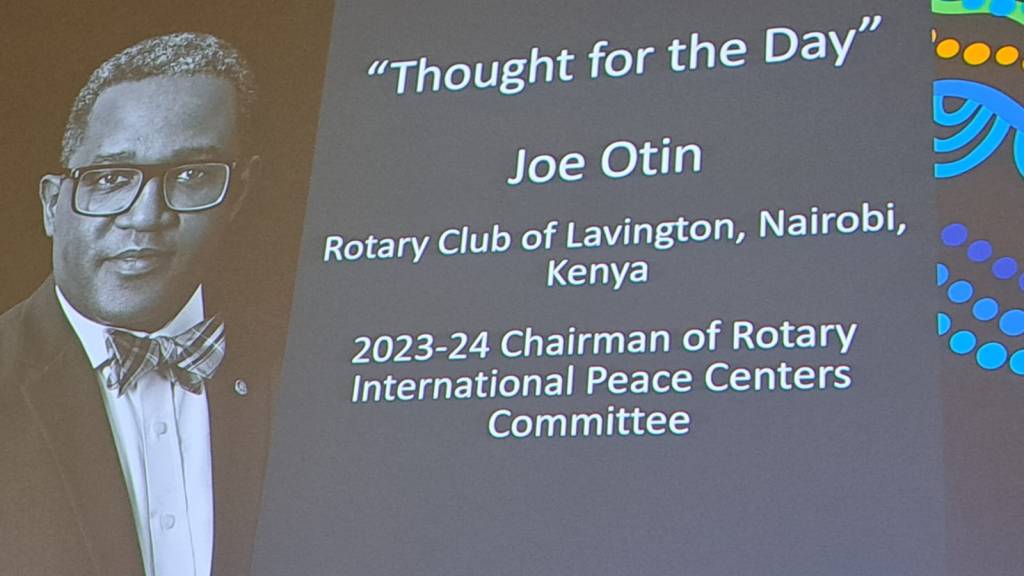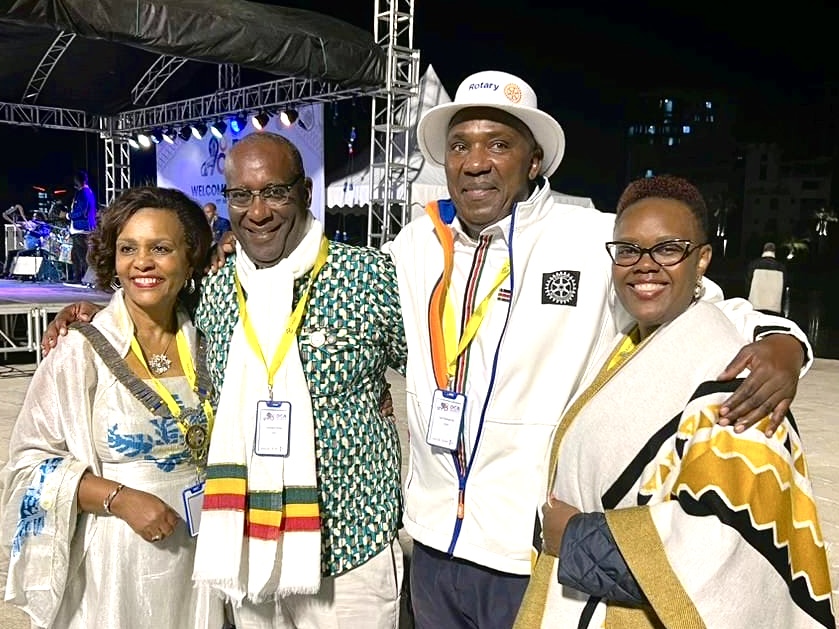By Waithera Kabiru Membo
The digital ecosystem has evolved a new crop of marketers. They go by many titles -Influencers, Bloggers, Vloggers, YouTubers. Their social media titles often read something like, ‘Kenyan|Digital Influencer|Vlogger|World Traveler’. Some have a blog where they post content they create, while others have YouTube channels and produce video content.
While others manage online communities such as Facebook Groups. They constantly recruit fans or followers, and sometimes celebrate recruitment milestones with posts such as ‘5,000 followers on IG, thank-you fans for your support’. Clearly, they know that they would not exist without their followers.
A successful influencer will inspire others to follow them. My own social media feeds are evident that I follow many influencers whose content I find valuable or inspiring. For example, I am an active consumer of Jane Mukami’s 21 Day Challenge Facebook fanpage as her health and fitness content provides value to my own personal health and fitness challenges.
I love foodie and globe trotter Susan Wong, whose content is very aspirational and takes me away on her travels. Then there’s Jackson Biko whose storytelling is award winning! I find myself turning to his blog when I am in a waiting mode e.g. at the doctor’s office, in traffic, at an airport lounge. Biko’s content is very captivating and diverse, and not surprisingly, he has been awarded the Bloggers Association of Kenya (BAKE) awards twice for best overall blog.
I love to follow fashion PR guru Diana Opoti, as her content is truly unique as she showcases African designers. Last year, I met Mandi Sarro, Sylvia Njoki and Nancy Mwai at a Youtuber conference in Dakar, Senegal. Yes, there is something like that! I immediately started following them on social media, and I got hooked on their content.
Due to the nature of my job, I also follow influencers in other African markets. I met Olorisupergal a few years ago at an event in Lagos and have followed her work since then as she keeps me up to date with the entertainment/celebrity seen in Nigeria. In addition, as the Coke Studio Digital Lead, I follow many African celebrities who have featured on Coke Studio so as to stay abreast of their music careers.
Why do we follow influencers? Successful influencers do two things well – one, they attract followers because they provide content worth consuming. The content is their selling point and if they can provide unique value, they will get the followers. Secondly, successful influencers are not passive with their audience.
They actively engage them in many ways, such as rewarding them, consulting them for ideas or solutions, or creating a community for their audience to interact with each other. Good influencers connect with their fans and followers on different levels such that it becomes a personal relationship.
The question is then, should brands be looking to influencers to help them market their products or services? In order to understand better what sort of relationship brands and influencers should have, I conducted a survey in February 2017. It was not a scientific survey, actually far from it. I simply sent out an online link to influencers I know and asked them for their qualitative feedback.
In one week I had 40 responses from influencers from 8 African countries. These included South Africa, Nigeria, Kenya, Tanzania, Uganda, Ethiopia, Cameroon and Mozambique. I consider it quite impressive for my rudimentary research methods.
These are the top 3 take-outs from this survey.
The top reason for influencers to work with a brand is that the brand aligns to their values. Influencers stated they would prefer to work with brands that they personally use. This is not a surprise as influencers who are content creators need to appear authentic to their audiences so if they don’t like or use a brand, then they can’t be great storytellers.
It’s like telling a teetotaler to work for an alcoholic brand. It doesn’t match up. Brand managers should use this filter when recruiting influencers. If the influencer has never used your brand, or has issues with it, then should they really be helping you to market it?
Influencers do not want to work with brands who are overbearing on content creation. They want their creative space, with minimal brand guidelines. Remember, influencers attract and keep followers because of their content – whether it is content on fashion, food or football, their fans gravitate towards them for the unique value they are getting.
When it comes to giving influencers creative space, I must confess this has been a major struggle for me. My greatest fear is that if I did not give the guidelines to influencers with strict instructions not to violate, then I thought they would misrepresent the brand. As a brand custodian, this is not an easy place to be – giving free reign to someone else to market your brand.
The best way to come to terms with this to consider that the influencer is not marketing your brand, but creating unique value that you would otherwise not have without them. In some cases, the influencer is able to reach an audience that you as a marketer have no access to, or they are able to communicate more effectively with native content that audiences will consume better than branded content.
Like all relationships, the brand-influencer relationship is prone to misunderstanding. In the survey, influencers stated that one of the reasons they would not work with a brand again, was because the brand had unrealistic expectations on performance. Another reason given was that they did not like to work with brands that were over controlling on content creation.
Brand and marketing managers please take note! Working with influencers is unlike any other business relationship you know – they are not your creative, PR or digital agency who you brief and they must revert with content ideas that are 100% aligned to your brand values and guidelines. With influencers, this is different. Think of influencers as an alternative form of content creation that enables the brand to do what it wouldn’t usually be able to get away with.





Leave a comment